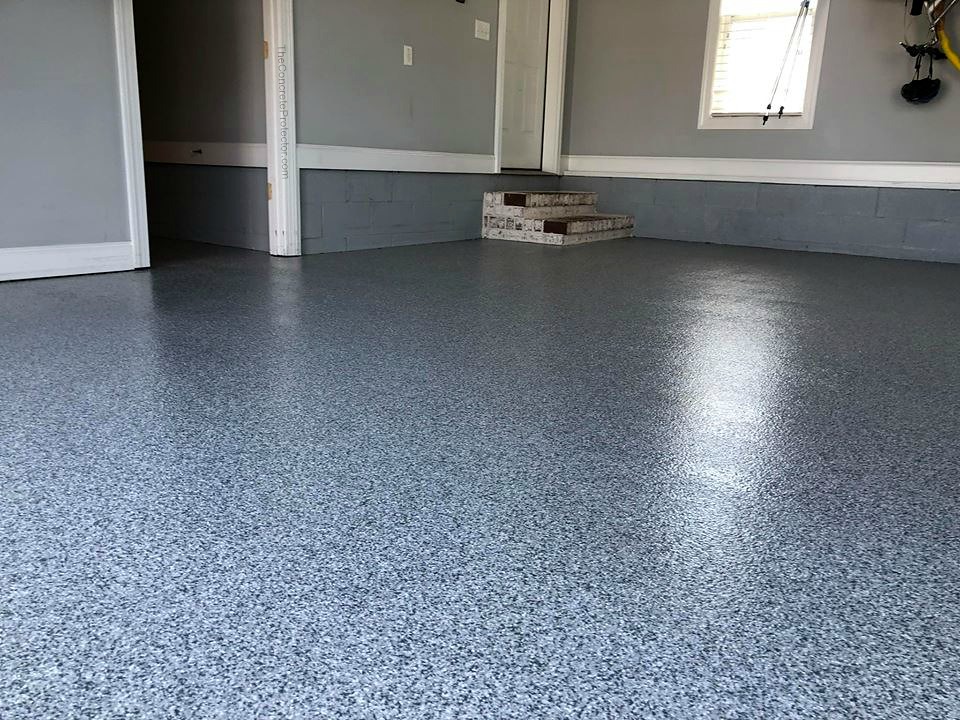Transforming Your Garage: The Ultimate Guide to Floor Coatings
A garage is more than just a place to park your car. It's a versatile space that can serve multiple purposes, from a workshop to a storage area. One of the most impactful ways to upgrade your garage is by applying a high-quality floor coating. This article will explore the world of garage floor coatings, focusing on popular options like epoxy and polyurethane, and provide you with the knowledge you need to make an informed decision for your home improvement project.

-
Aesthetics: Coatings can dramatically improve the look of your garage, turning a dull gray surface into a sleek, professional-looking floor.
-
Safety: Many coatings offer slip-resistant properties, making your garage safer to walk on, especially when wet.
-
Easy maintenance: Coated floors are much easier to clean and maintain than bare concrete.
What types of garage floor coatings are available?
There are several types of garage floor coatings available, but the two most popular options are epoxy and polyurethane:
-
Epoxy: This is a two-part coating that consists of a resin and a hardener. When mixed, they create a chemical reaction that results in a hard, durable surface. Epoxy is known for its excellent adhesion to concrete and resistance to chemicals and abrasions.
-
Polyurethane: This coating is also a two-part system but is typically thinner than epoxy. Polyurethane offers superior UV resistance and flexibility, making it less prone to yellowing or cracking over time.
Other options include acrylic sealers, which are less durable but easier to apply, and polyaspartic coatings, which offer rapid curing times and excellent durability.
How do epoxy and polyurethane coatings compare?
While both epoxy and polyurethane are excellent choices for garage floor coatings, they have distinct characteristics that may make one more suitable for your specific needs:
Epoxy:
-
Thicker application
-
Excellent adhesion to concrete
-
High resistance to chemicals and abrasions
-
Can be prone to yellowing from UV exposure
-
Typically less expensive than polyurethane
Polyurethane:
-
Thinner application
-
Superior UV resistance
-
More flexible, less prone to cracking
-
Excellent resistance to chemicals and stains
-
Generally more expensive than epoxy
Many professional installers recommend a combination of both: an epoxy base coat for excellent adhesion and durability, topped with a polyurethane layer for UV protection and added flexibility.
What is the process of applying a garage floor coating?
The application process for garage floor coatings typically involves several steps:
-
Surface preparation: This is crucial for proper adhesion. The concrete must be clean, dry, and free of any previous coatings or sealers. Often, the floor is diamond ground or shot blasted to create a porous surface for the coating to bond to.
-
Repairs: Any cracks, chips, or imperfections in the concrete are filled and repaired.
-
Priming: A primer may be applied to ensure better adhesion of the main coating.
-
Base coat application: The main coating (epoxy or polyurethane) is applied evenly across the floor.
-
Broadcasting: If a non-slip texture is desired, aggregate materials like quartz or vinyl chips are often broadcast into the wet base coat.
-
Top coat: A clear top coat is usually applied to seal in the color and provide additional protection.
-
Curing: The coating needs time to cure fully before the garage can be used, typically 24-72 hours depending on the product.
What are the costs and considerations for garage floor coatings?
The cost of garage floor coatings can vary significantly based on several factors:
| Coating Type | DIY Cost (materials only) | Professional Installation |
|---|---|---|
| Epoxy | $200 - $500 | $1,000 - $3,000 |
| Polyurethane | $300 - $600 | $1,500 - $4,000 |
| Polyaspartic | Not typically DIY | $2,000 - $5,000 |
Prices, rates, or cost estimates mentioned in this article are based on the latest available information but may change over time. Independent research is advised before making financial decisions.
When considering a garage floor coating, keep in mind:
-
Size of your garage: Larger areas will naturally cost more to coat.
-
Condition of existing concrete: Poor condition may require additional prep work.
-
Desired finish: More complex designs or additional features like flakes or non-slip additives can increase costs.
-
DIY vs. Professional installation: While DIY kits are available, professional installation often provides better results and longer-lasting finishes.
Garage floor coatings represent a significant investment in your home. While the upfront cost may seem high, a well-applied coating can last for many years, potentially increasing your home’s value and certainly enhancing its functionality and appearance. Whether you choose epoxy, polyurethane, or another option, a garage floor coating can transform your space from a simple parking spot to a versatile, attractive part of your home.






